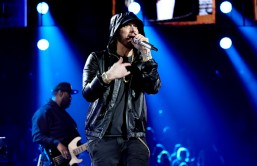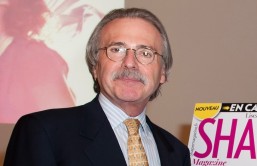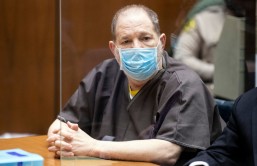Cheese found with thousand-year-old mummies buried in China has turned out to be the oldest cheese in the world.
The cheese was found sprinkled on the necks and chest of mummies buried underneath wooden boats in northwestern China, USA Today reported. The cheese, which appears to be lactose-free, dates back to 1615 B.C., the oldest known cheese ever found.
"We not only identified the product as the earliest known cheese, but we also have direct...evidence of ancient technology," said analytical chemist Andrej Shevchenko, from Germany's Max Planck Institute of Molecular Cell Biology and Genetics, USA Today reported. Shevchenko's team concluded the strange clumps found on the mummies were cheese. Their findings will be published in the Journal of Archaeological Science.
The mummies were first found in 1934, confined under what appears to be wooden boats on top of an ancient sand dune next to a dried up river. The area is called the Small River Cemetery Number 5, located in the Taklamakan Desert, USA Today reported.
Conditions in the desert, one of the largest in the world, played a part in preserving the mummies over the centuries. The people who buried the mummies, from the Bronze Age, covered the boats tightly with cowhide. This caused a "vacuum-packed" effect, Shevchenko said according to USA Today. The desert's dry air and the salt-filled soil virtually stopped the bodies from decaying.
The cheese was also frozen in time. With normal dairy cheese, "bacteria will get in and start to eat it away, liquefy it," bioarchaeologist Oliver Craig from the University of York in Britain said, according to USA Today. "It's just amazing it survived."
The cheese was made by mixing milk with a "starter" formula of bacteria and yeast. Shevchenko said the method, which is still used today, is inexpensive. "It's a technology for the common people."
It is not yet clear why the ancient civilization, which did not have Asian features, placed cheese on their mummies. One possible reason is that it was a way to send food with the dead to the afterlife, Shevchenko said, USA Today reported.








